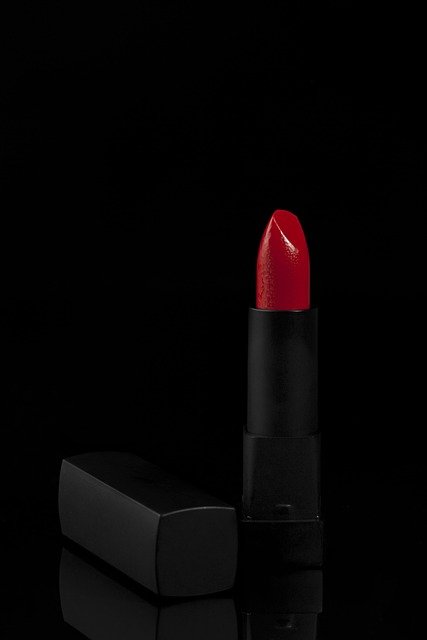The Art of Ancient Egyptian Beauty and its Modern-day Influence
The allure of Ancient Egyptian beauty routines has captivated modern audiences for centuries. From the iconic Cleopatra to the stunning Nefertiti, the Egyptians' meticulous skincare and makeup practices have not only stood the test of time but continue to influence contemporary beauty trends. Their holistic approach to beauty, which considered both physical appearance and spiritual well-being, is increasingly relevant in today's wellness-focused society. This article will delve into the fascinating world of Ancient Egyptian beauty, its historical context, and its impact on current trends and practices.

Ancient Beauty Practices: More than Just Aesthetics
While we often equate beauty with physical appearance, the Ancient Egyptians had a much broader perspective. For them, beauty was deeply entwined with spirituality and health. They believed that maintaining a well-groomed appearance was a sign of respect for the gods and a way to keep spiritual forces at bay. Many of their beauty regimens were, in fact, rituals meant to protect, heal, and purify the body and spirit.
One such example is the use of kohl eyeliner, made from a mixture of lead, fat, and soot. While it provided a dramatic look, it also protected the eyes from harmful sun rays and kept insects away. Moreover, it was believed to have magical properties that warded off evil spirits.
The Pioneers of Skincare
Ancient Egyptians were also ahead of their time in terms of skincare. They understood the importance of exfoliation, moisturization, and sun protection long before these became skincare staples. They made use of natural ingredients like honey, milk, and olive oil, which are rich in antioxidants and have anti-aging properties. They also used aloe vera for its cooling and healing properties, especially after exposure to the harsh desert sun.
Their innovative beauty practices have laid the groundwork for many of today’s skincare products. For instance, the concept of a facial mask can be traced back to the Ancient Egyptians, who would create masks from clay or mud, mixed with essential oils, to cleanse and rejuvenate the skin.
The Influence on Modern Beauty Trends
The influence of Ancient Egyptian beauty practices on modern trends is undeniable. Many of today’s most popular beauty treatments and products, from eyeliner and mascara to facial masks and body scrubs, have their roots in Ancient Egypt. The current trend towards natural and organic beauty products can also be linked back to the Egyptians’ use of plant-based ingredients in their beauty regimens.
Moreover, the holistic approach to beauty, which considers physical, mental, and spiritual well-being, is a concept that resonates strongly with the contemporary wellness movement. Modern beauty enthusiasts are increasingly prioritizing self-care and mindfulness, recognizing that beauty is more than skin deep.
Reception and Impact
The enduring fascination with Ancient Egyptian beauty practices reflects in contemporary pop culture and the beauty industry. The iconic Cleopatra eye makeup, characterized by dramatic winged eyeliner, has been emulated by many celebrities and remains a popular makeup look. Similarly, the use of gold in skincare, inspired by the Egyptians’ belief in its healing and anti-aging properties, has become a luxury trend in the beauty industry.
However, it’s not just about replicating Ancient Egyptian practices. Modern beauty brands are also innovating and adapting these practices to suit contemporary needs. For instance, instead of using potentially harmful lead-based kohl, modern eyeliners are formulated with safe, synthetic pigments. Likewise, contemporary skincare products incorporate Egyptian-inspired ingredients, like honey and aloe vera, but are enhanced with scientifically proven ingredients and technology.
The Enduring Legacy of Ancient Egyptian Beauty
The Ancient Egyptians’ holistic approach to beauty, their innovative use of natural ingredients, and the spiritual significance of their beauty rituals have left an indelible mark on the beauty industry. Their practices continue to influence modern beauty trends, reflecting a timeless appeal that transcends cultural and temporal boundaries.
In the end, the enduring fascination with Ancient Egyptian beauty is a testament to their understanding of human desire for both physical attractiveness and spiritual harmony. It serves as a reminder that beauty is a multifaceted concept that goes beyond mere aesthetics. It is intertwined with our health, our spiritual beliefs, and our sense of self - a lesson from the Ancient Egyptians that remains relevant even today.




